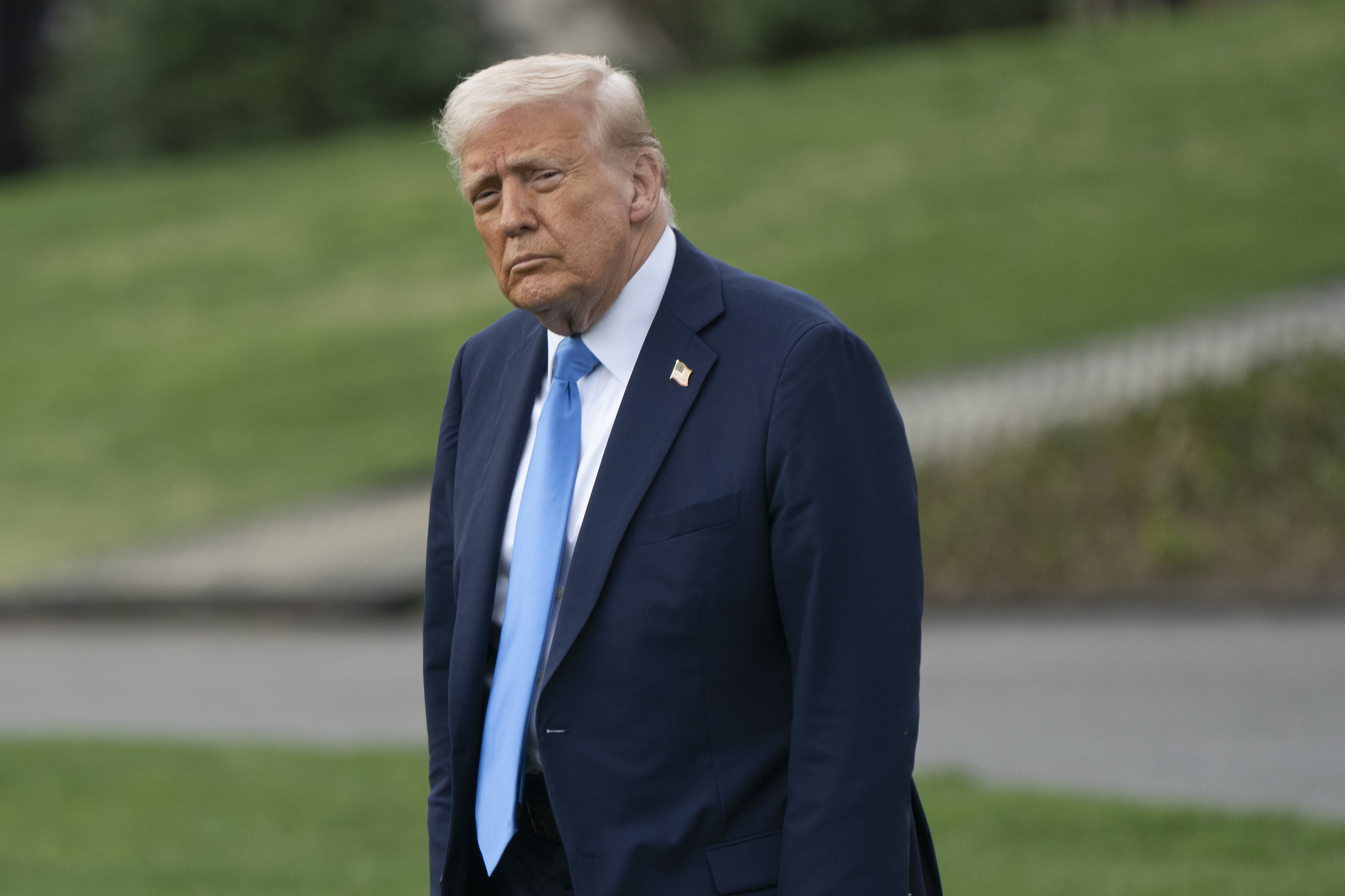Since taking office on January 20, the President of the United States, Donald Trump, has diplomatically ignored Spain. Not a call, not a message, nor a mention to President Donald Trump. Neither from the Secretary of State, the Spanish-speaking Cuban-American Marco Rubio, who has not spoken with the Minister of Foreign Affairs, José Manuel Albares. A deliberate decision by the administration to distance itself from a country with a socialist government, a completely different agenda, and few sympathies. There have been no clashes, except for critical comments from President Pedro Sánchez in various national and international forums, but no approaches either. Until now.
This Friday, Under Secretary of State Christopher Landau, Rubio's number 2, "spoke with the Secretary of State for Foreign and Global Affairs of Spain, Diego Martínez Belío. Under Secretary Landau reaffirmed the strength of the alliance between the United States and Spain and urged Spain to increase its defense spending in line with its commitments to NATO," says the brief message published by his office after the phone call. "The Under Secretary and the Secretary of State discussed deepening our ties in a wide range of mutual interests, including strengthening cooperation on migration."
It is not surprising that of all the topics they could have addressed, the Trump administration only wants to highlight defense spending, one of its priorities and obsessions. And in the week when NATO Secretary-General Marc Rutte stated that our country had shown intention to reach the minimum of 2% to which all Alliance partners committed in 2014. Spain is the country with the lowest spending (although it invests much more in capabilities and missions than many of those exceeding 2% but do not contribute significantly to common defense), and its revised commitment was to reach the promised amount by 2029. The Government, after Trump's victory, has signaled that the process will be accelerated, but just yesterday clarified that plans to reach 2% this summer are not realistic.
Trump and Rubio left Spain out of the first, second, and third rounds of calls. Our country has never been a priority for the White House, regardless of who was in power and despite the military bases on our territory. But now it is an intentional void. The only reference to Spain took place on the same day of his inauguration, January 20, and also to criticize that investment in Security is "very low," in response to a question from the press pool. But right after, in what seemed like a mistake, he confused Spain with one of the BRICS, [it is not] and referred to tariffs of up to 100% for members of that group, as he believes that Russia, China, Brazil, and the rest are conspiring to harm the dollar.
Since then, nothing. Something similar happened in his first term, but not during the two months and one week that have already passed. The first conversation between Trump and Mariano Rajoy took place on February 7, 2017, to "address matters of common interest, such as security, the economy, and bilateral relations." In it, Rajoy offered himself as an "interlocutor in Europe, Latin America, and also in North Africa and the Middle East," appealing to the ties of our country with the American continent on one hand, and taking advantage of the fact that with Brexit, Washington was losing its main advocate amid doubts about the European integration process. That same year, Trump would receive the president at the White House five days before the October 1 referendum.
At the ministerial level, the first contact between Minister Alfonso Dastis and his counterpart Rex Tillerson did not occur until February 17, with a 15-minute interview at the G-20 ministers meeting in Germany. The diplomat emphasized the willingness to deepen relations. In any case, Trump never accepted that outstretched hand, and relations remained equally good or bad in the following years. And now he is repeating the same steps. But since there have been no G20 or NATO meetings beyond Defense headlines, and Rubio has so far rejected invitations to go to Brussels, there have been no opportunities for informal talks either.
